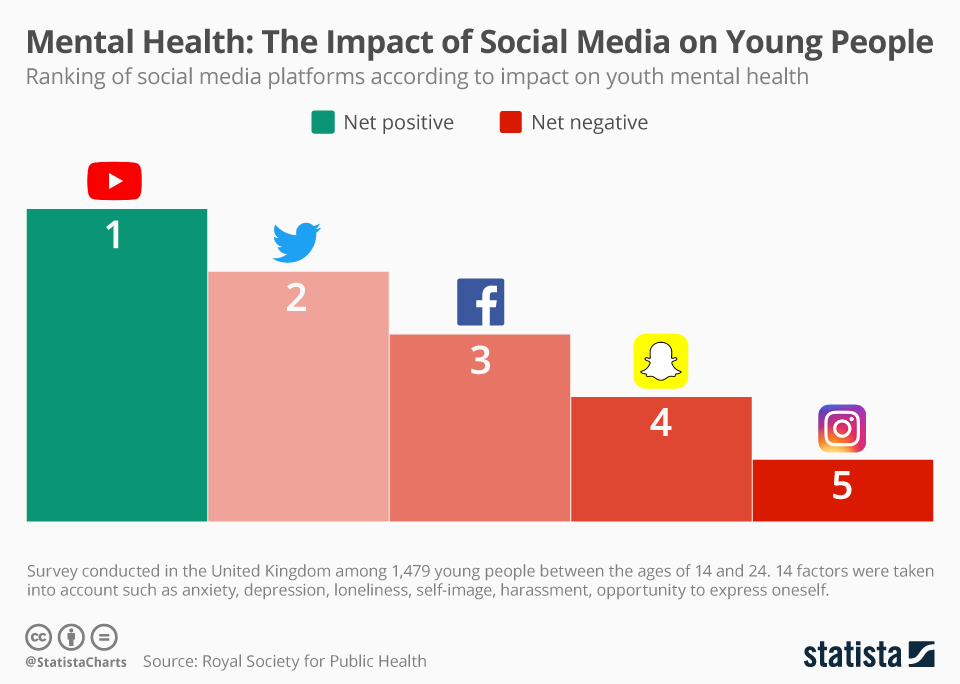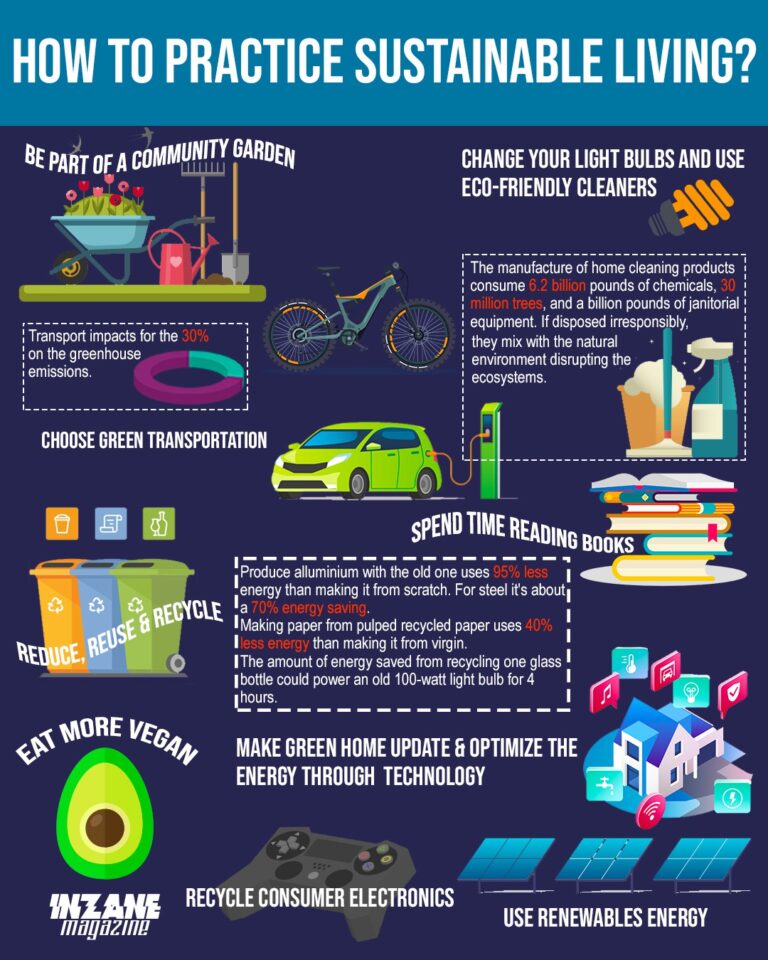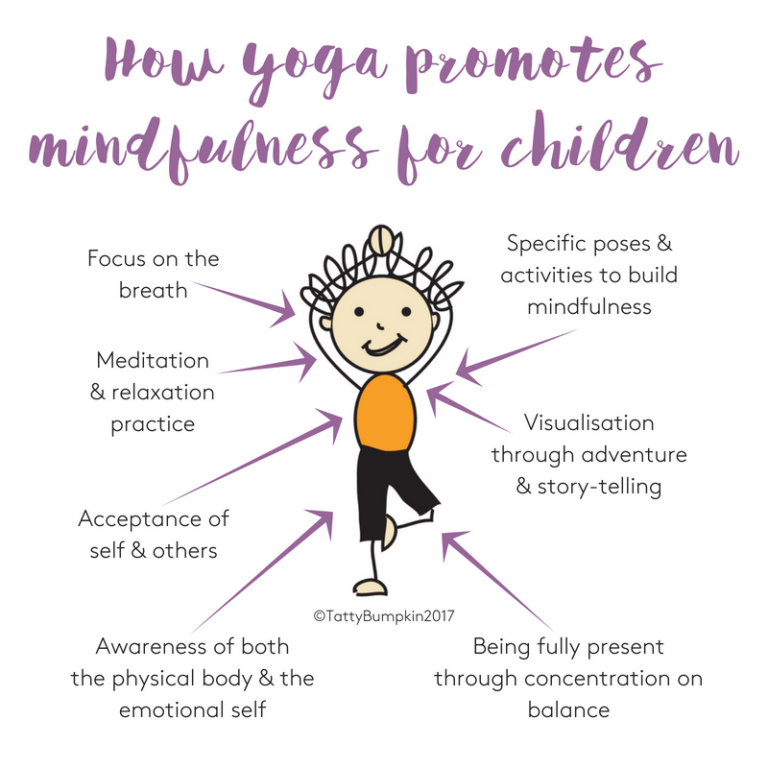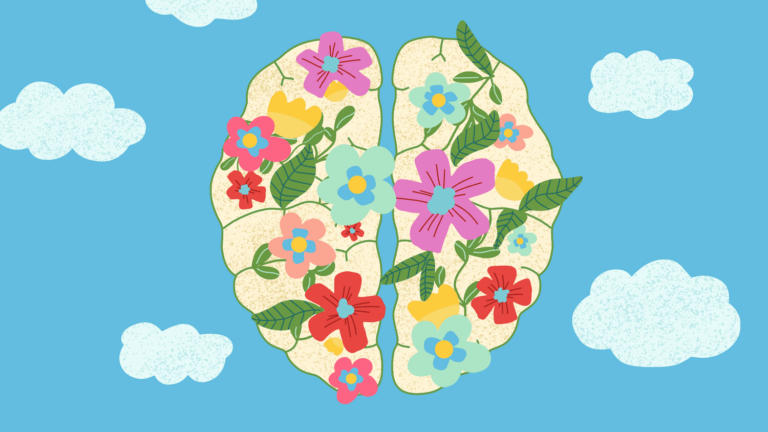The Impact of Social Media on Mental Health
Social media significantly impacts mental health, both positively and negatively. It can foster community but also contribute to anxiety and depression.
Social media platforms connect people worldwide, offering support and a sense of belonging. However, excessive use often leads to feelings of inadequacy and loneliness. Highlight reels and curated content can create unrealistic expectations, impacting self-esteem. Cyberbullying and online harassment also pose risks, especially for younger users.
Balancing online interactions with real-life relationships is crucial for mental well-being. Users should be mindful of their social media habits and take breaks when necessary. By understanding its effects, individuals can navigate social media in a healthier manner, benefiting from its advantages while mitigating its downsides.
Positive Effects
Social media can greatly improve mental health. It offers many benefits like building connections and finding support. These positive effects can boost happiness and reduce stress.
Building Connections
Social media helps people make friends. Users can connect with others who share their interests. This creates a sense of belonging and reduces loneliness.
Many users find communities that they enjoy. These communities offer a place to share ideas and feelings. This helps people feel understood and supported.
Access To Support Groups
Social media offers access to many support groups. These groups help people facing similar challenges. They provide advice, comfort, and understanding.
Some groups focus on mental health issues like anxiety or depression. Members share coping strategies and offer encouragement. This creates a network of support that can be very helpful.
| Positive Effects | Details |
|---|---|
| Building Connections | Connecting with others, finding communities, reducing loneliness |
| Access to Support Groups | Finding help, sharing coping strategies, receiving encouragement |
Negative Effects
Social media has transformed our daily lives. Yet, it also brings negative effects. These include cyberbullying and social comparison.
Cyberbullying
Cyberbullying is a major problem on social media. It involves using the internet to harm or harass someone. This can include sending mean messages, spreading rumors, or sharing private information without consent.
Victims of cyberbullying often feel lonely and sad. They may become anxious or depressed. The constant threat of online attacks can make people scared to use social media.
Cyberbullying can also affect self-esteem. When people see hurtful comments about themselves, they may start to believe them. This can lead to a negative self-image and poor mental health.
Social Comparison
Social comparison is another negative effect of social media. People often compare their lives to others’ highlight reels. This can create feelings of inadequacy.
When users see friends posting about their perfect lives, they may feel left out. They might think their own lives are not as exciting or successful. This can lead to feelings of jealousy and depression.
Social comparison can also cause anxiety. People may worry about keeping up with others. They might feel pressure to post perfect photos or updates to match others.
| Negative Effect | Impact on Mental Health |
|---|---|
| Cyberbullying | Loneliness, anxiety, depression, low self-esteem |
| Social Comparison | Inadequacy, jealousy, depression, anxiety |
Addiction And Overuse
Social media platforms are designed to be engaging and interactive. This can lead to addiction and overuse. People spend hours scrolling, liking, and sharing. The effects on mental health can be severe.
Screen Time Statistics
Studies show increasing screen time among all age groups. The average person spends about 2 hours and 24 minutes on social media daily.
| Age Group | Average Screen Time (Hours per Day) |
|---|---|
| Teens (13-18) | 3 hours |
| Young Adults (19-29) | 2.5 hours |
| Adults (30-49) | 2 hours |
| Older Adults (50+) | 1.5 hours |
Excessive screen time can lead to various mental health problems. These include anxiety, depression, and sleep disorders.
Signs Of Addiction
- Constantly checking social media even during important tasks.
- Feeling anxious when not using social media.
- Neglecting real-life relationships for online interactions.
- Experiencing mood swings related to social media activity.
- Losing track of time while scrolling through feeds.
- Using social media to escape reality or avoid problems.
Recognizing these signs can help you take steps to reduce usage. Limiting screen time and engaging in offline activities are effective strategies.
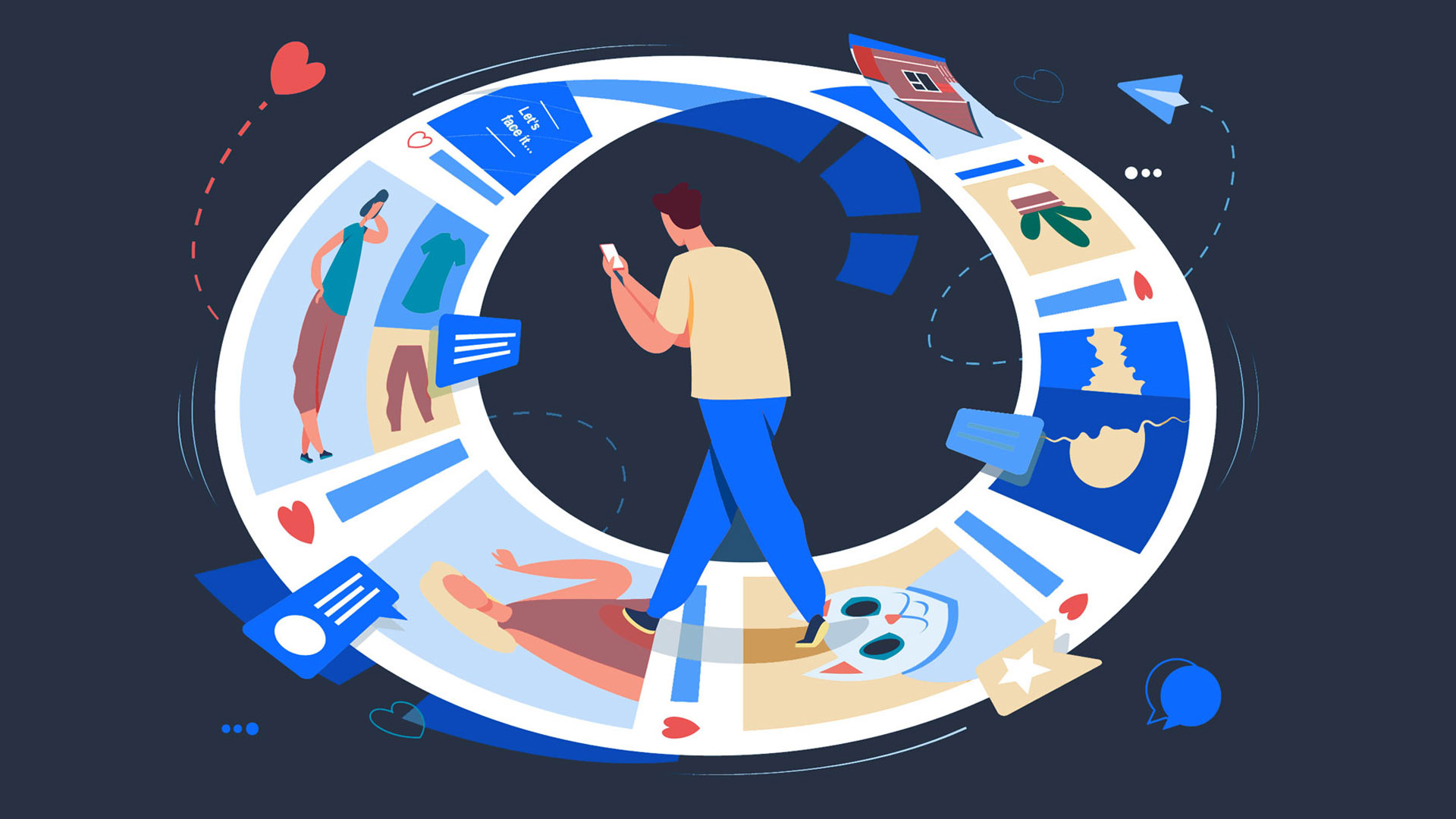
Credit: www.populytics.com
Impact On Self-esteem
Social media has a significant impact on self-esteem. People often compare themselves to others online. This comparison can lead to feelings of inadequacy and low self-worth. Let’s explore how likes, comments, and body image issues play a role.
Influence Of Likes And Comments
Likes and comments on social media posts can affect self-esteem. Receiving many likes and positive comments can boost self-confidence. On the other hand, getting few likes or negative comments can lead to feelings of rejection and worthlessness.
| Positive Effects | Negative Effects |
|---|---|
| Increased self-confidence | Feelings of rejection |
| Sense of belonging | Low self-worth |
| Social validation | Self-doubt |
Body Image Issues
Social media often showcases idealized body images. This can lead to unrealistic beauty standards. Many people feel pressured to look perfect. Failing to meet these standards can cause body dissatisfaction and low self-esteem.
Below are some common body image issues caused by social media:
- Comparing oneself to edited photos
- Feeling inadequate about one’s appearance
- Developing eating disorders or unhealthy habits
It’s crucial to understand that these images are often edited. Real beauty comes in all shapes and sizes. Embracing one’s uniqueness is essential for maintaining healthy self-esteem.
Mental Health Disorders
Social media has changed our lives. But it also affects our mental health. Many people face mental health disorders due to excessive social media use. Let’s discuss how social media impacts anxiety, depression, and sleep disturbances.
Anxiety And Depression
Excessive use of social media can lead to anxiety and depression. People often compare their lives to others. This creates a feeling of inadequacy. Constant scrolling can also make people feel lonely. Social media can show a false picture of reality. This makes users feel anxious and sad.
| Symptoms of Anxiety | Symptoms of Depression |
|---|---|
| Increased heart rate | Persistent sadness |
| Restlessness | Lack of interest |
| Difficulty concentrating | Low energy |
Sleep Disturbances
Using social media before bed can lead to sleep disturbances. Blue light from screens affects sleep patterns. People spend hours scrolling instead of sleeping. This leads to poor sleep quality and daytime fatigue. Poor sleep can worsen mental health.
- Use a blue light filter on your phone.
- Avoid social media one hour before bed.
- Establish a relaxing bedtime routine.
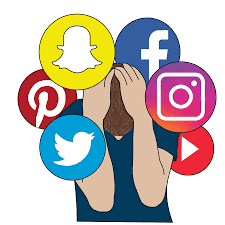
Credit: www.riseservices.org
Mitigation Strategies
Social media can greatly affect mental health. Many people feel stressed. Mitigation strategies help reduce this stress. These strategies promote healthier social media use.
Digital Detox
A digital detox means taking a break from social media. This break helps the mind relax. Taking regular breaks improves mental health.
Here are some steps for a digital detox:
- Set specific times to use social media.
- Turn off notifications.
- Engage in offline activities.
These steps make digital detox effective and easy.
Setting Boundaries
Setting boundaries means controlling how you use social media. Boundaries help you use social media positively. They prevent negative impacts on your mind.
Consider these methods to set boundaries:
| Method | Description |
|---|---|
| Time Limits | Use apps to limit screen time. |
| Content Curation | Follow positive and uplifting accounts. |
| Designated Zones | Avoid using social media in bed or during meals. |
Setting boundaries leads to healthier social media habits.

Credit: medium.com
Conclusion
Understanding social media’s impact on mental health is crucial. Balancing online interactions and offline activities promotes well-being. Awareness and mindful usage can mitigate negative effects. Remember to prioritize mental health and seek help if needed. Stay informed and make conscious choices for a healthier digital life.
